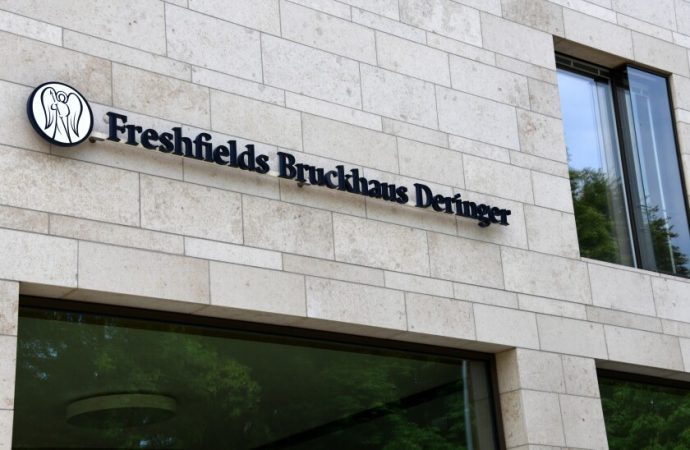Introduction In a stunning turn of events, the legal world is rocked as the former tax chief of Freshfields Bruckhaus Deringer receives a 3.5-year prison sentence. Prof. Eleanor Davis, a distinguished legal ethics expert and Professor of Law, dissects the complexities of the case, exploring its ethical implications, potential repercussions for the legal industry, and
Introduction
In a stunning turn of events, the legal world is rocked as the former tax chief of Freshfields Bruckhaus Deringer receives a 3.5-year prison sentence. Prof. Eleanor Davis, a distinguished legal ethics expert and Professor of Law, dissects the complexities of the case, exploring its ethical implications, potential repercussions for the legal industry, and the impact on Freshfields’ reputation.
The Legal Landscape: A High-Profile Downfall
- Background of the Case: The former tax chief faces charges related to financial misconduct and breaches of legal ethics during their tenure at Freshfields.
- Significance of Freshfields: As one of the world’s leading law firms, Freshfields’ reputation is at stake, prompting a closer examination of the case’s implications.
Prof. Eleanor Davis’s Analysis: Ethical Dimensions and Industry Impact
Prof. Davis, leveraging her expertise in legal ethics, delves into the ethical dimensions of the case and the potential impact on the broader legal profession. She addresses questions of professional responsibility, accountability, and the measures taken by law firms to uphold ethical standards.
Comparative Table: Legal Ethics Violations in High-Profile Cases
| Case | Nature of Violations | Repercussions and Industry Responses |
|---|---|---|
| Enron Scandal | Accounting fraud and legal complicity | Enacted reforms in corporate governance and increased regulatory oversight. |
| Dewey & LeBoeuf Bankruptcy | Financial misconduct and mismanagement | Heightened scrutiny of law firm financial practices and client billing. |
| Freshfields Tax Chief Case | Financial misconduct and legal ethics breaches | Potential for increased emphasis on internal controls and ethics training in law firms. |
Implications for Freshfields: Navigating Reputation Risks

This image is taken from google.com
- Client Trust: The case may erode client trust in Freshfields, raising questions about the firm’s commitment to ethical standards and client confidentiality.
- Industry Perception: Prof. Davis examines how the legal industry may perceive and respond to Freshfields’ handling of the situation, considering potential shifts in industry norms.
The Road to Redemption: Rebuilding Trust and Upholding Ethics
- Internal Reforms: Prof. Davis explores the potential for Freshfields to implement internal reforms, demonstrating a commitment to preventing future ethical lapses.
- Transparency and Accountability: The importance of transparent communication and accountability in addressing ethical violations within law firms.
Legal Education and Professional Development
Prof. Eleanor Davis emphasizes the role of legal education and ongoing professional development in instilling a strong ethical foundation in legal professionals. She discusses how law schools and law firms can collaborate to foster a culture of integrity and ethical conduct.
Conclusion: Lessons Learned and Future Paths
In conclusion, the sentencing of Freshfields‘ former tax chief sends ripples through the legal industry. Prof. Eleanor Davis’s analysis provides a framework for understanding the ethical dimensions of the case, prompting reflection on the legal profession’s commitment to upholding ethical standards and the measures needed to safeguard the industry’s integrity.
















